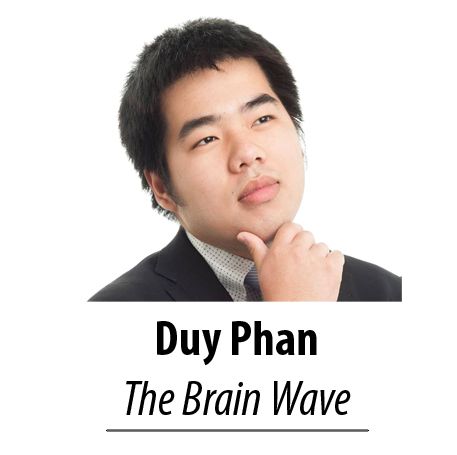
Although part of the appeal comes from the desire to unravel the brain’s complex mysteries, neuroscience also promises to push us towards a future free of brain diseases: If you know how the brain works, you can fix it when it does not work correctly, as in the case of neurological and mental health disorders. Can you imagine a future free of Alzheimer’s, depression and autism?
Unfortunately this therapeutic promise has fallen flat. Millions of dollars and failed clinical trials later, we still do not have a single satisfactory drug that manages to achieve a genuine cure for these diseases. Even medications that attenuate symptoms, such as those often used to treat epilepsy, may significantly cause adverse side effects, from cognitive impairments to brain degeneration. Neurological and mental disorders continue their physical, emotional and financial wreckage on individuals, their families and society. Despite all the excitement about the brain, why haven’t the promising results on the laboratory bench been translated into the clinic?
First and foremost we are still far away from understanding how the brain works, even under non-pathological conditions.
Indeed, over the past 100 years we have made great advancements in understanding the brain from many fundamental perspectives, from cellular and molecular biology to biophysics and chemistry. Yet all of this knowledge is still just the tip of the iceberg in terms of what there is still to know about the brain. If we don’t know how the brain normally works, trying to design a treatment to fix a sick brain is an even more challenging task.
In fact, many medications that are being used to treat psychiatric disorders did not arise from deliberate design. Rather their abilities to treat some symptoms were discovered by random trial and error. How these medications truly work to modify brain functions still remains a big mystery to this day.
Beyond our lack of how the brain works, we must also recognize that not everything can be solved by medications. This is especially true for mental health disorders, which are underpinned by so many possible heterogeneous factors that it is, perhaps, impossible to design one single magic pill that can target all underlying causes. Additionally, the influence of the environment and external circumstances also makes it challenging to dissect a single biological cause of psychiatric illnesses.
Is it really possible, for example, to consider complex cases such as recurrent physical and mental abuse from a purely biological perspective? Do these cases even have a biological dysfunction that can be corrected by therapeutics?
Surely some illnesses do not only arise from “nature,” but also from “nurture,” making it difficult to design medications for psychiatric disorders. Due to the non-biological influences of some psychiatric illnesses, I believe that the most medications will ever be able to do is attenuate some symptoms of these illnesses.




